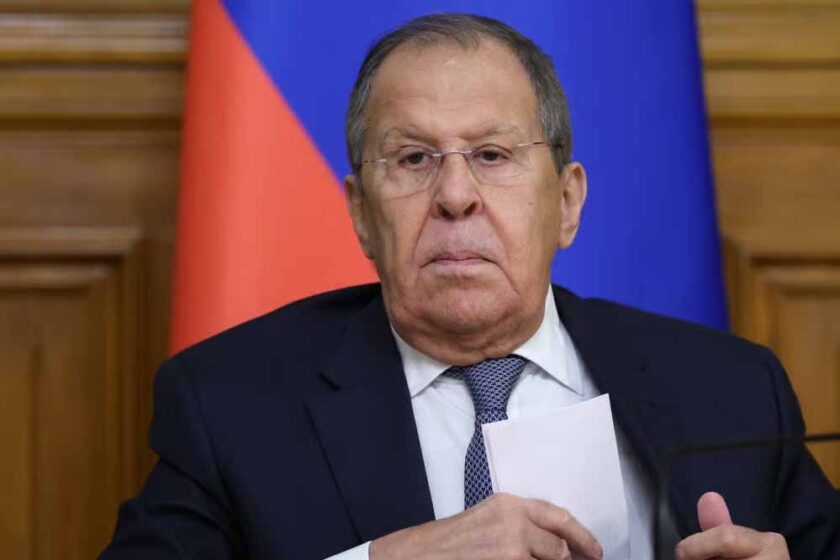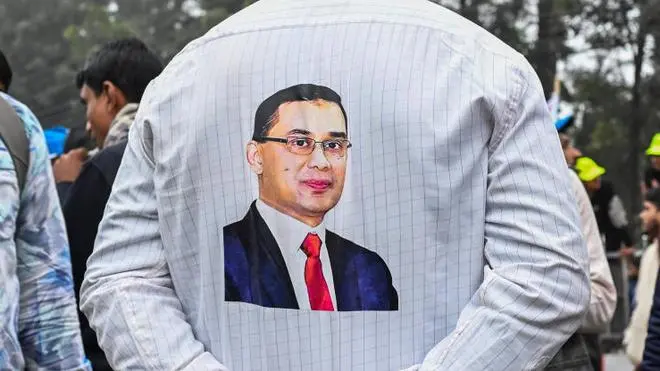New Delhi: The 21st century’s third decade has witnessed an unprecedented political transformation across the world, and at the heart of this transformation lies a single force — Generation Z. Born between 1997 and 2012, Gen Z is the first truly digital generation — raised on the internet, smartphones, and social media. Its thoughts are global, its reactions instant, and its influence revolutionary.
Unlike previous generations that depended on ideological manifestos or towering political figures, Gen Z’s power lies in a new equation:
Youth’s anger + Social media + Technology = Political change.
This is the new formula of revolution — fast, decentralized, and digitally mobilized.
The Digital Mindset: Speed, Transparency, and Rebellion
Gen Z has grown up seeing screens more than books, emails more than postcards, and breaking news on X (formerly Twitter) rather than newspapers. Its greatest strength is speed — the ability to adapt to change quickly and, if needed, spark rebellion even faster.
This generation questions traditional power structures and demands transparency. From climate change to corruption, from gender equality to democracy, Gen Z does not remain silent. It mobilizes online, builds digital communities, and uses hashtags as tools of resistance.
As I see it, this is not a generation that follows; it creates movements. Their language is data, their weapon is connectivity, and their battlefield is the internet.
The Global Citizen Phenomenon
Today’s youth is no longer confined by borders. A student in Kathmandu tweets about Sri Lanka’s political crisis; a young professional in Dhaka runs a hashtag about European elections. This is what can be called the Globalization of Politics, made possible by Gen Z’s hyperconnectivity.
The internet has turned the youth into a global citizen, capable of influencing international narratives in real-time.
The Modern Power Equation
Revolutions were once driven by ideology and organized parties; now they are powered by technology. The new equation of political change stands as:
- Youth anger: Over unemployment, corruption, and inequality.
- Social media: A digital amplifier that turns dissent into viral movements.
- Technology: Enablers like WhatsApp groups, Telegram channels, YouTube live streams, and online crowdfunding platforms.
Earlier, revolutions began with printed manifestos; today, they start with hashtags. Social media has evolved from being a source of information to becoming a digital barricade of resistance.
Gen Z-Led Movements: From Hashtags to History
Globally, Gen Z has already rewritten the playbook of protest.
- #NepoBabies Movement: Challenged nepotism in entertainment industries across Hollywood and Bollywood, calling for merit and transparency.
- Free Youth Movement: From Thailand to Hong Kong, Gen Z has been the voice of democracy and human rights.
- #SaveMyanmar (2021): Young protesters used social media to unite the world against Myanmar’s military coup, creating a global digital uprising.
Other movements like Fridays for Future (Greta Thunberg), Black Lives Matter, and #MeToo have also been driven by this generation — combining emotion, connectivity, and activism.

South Asia’s Digital Revolutions
The power of Gen Z is also reshaping South Asia’s political map:
- Nepal (2025): The campaign #ChangeNepal united thousands against corruption and power struggles, shaping the country’s political future.
- Bangladesh (2024): The hashtag #NoVoteToCorruption galvanized unemployed youth, questioning electoral manipulation and pushing for accountability.
- Sri Lanka (2022): Amid economic collapse, youth-led digital activism under #GotaGoHome forced President Gotabaya Rajapaksa to flee the country.
These examples prove that revolutions today are not orchestrated by parties but powered by the digital rebellion of Gen Z.
Gen Z: From Voter to Power Broker
From the Black Lives Matter movement in the U.S. to climate strikes in Europe, from EndSARS in Africa to Free Youth in Asia, Gen Z has shown its strength as both activist and influencer. Between 2024 and 2025, major cities like London, Paris, and New York witnessed massive youth-led protests over migration policies and climate laws.
The generation that was once seen as “just voters” has evolved into kingmakers — and sometimes, power shifters.
The New Politics of the 21st Century
If the French Revolution had Robespierre and the Cuban Revolution had Fidel Castro, today’s revolutions have viral videos and hashtags. The tools have changed, but the essence — the fight for justice, equality, and representation — remains the same.
Gen Z doesn’t need ideological indoctrination; it thrives on information, innovation, and instant action. Its movements may begin on screens, but they often end in streets — toppling governments, forcing accountability, and redefining democracy.
The Future Belongs to the Digitally Aware
The future of politics will belong to those who understand this digital equation — those who respect youth energy, listen to their concerns, and engage them through technology.
In short:
“Victory in tomorrow’s politics will be for those who understand the digital equation — Gen Z + Social Media + Technology.”
Gen Z is not just the new generation; it is the new politics — fast, fearless, and fundamentally digital.










